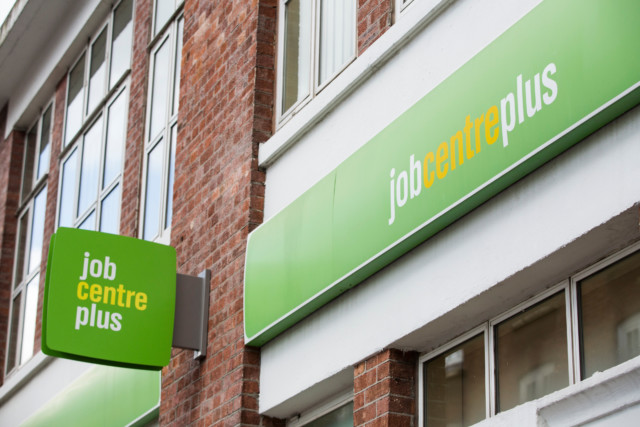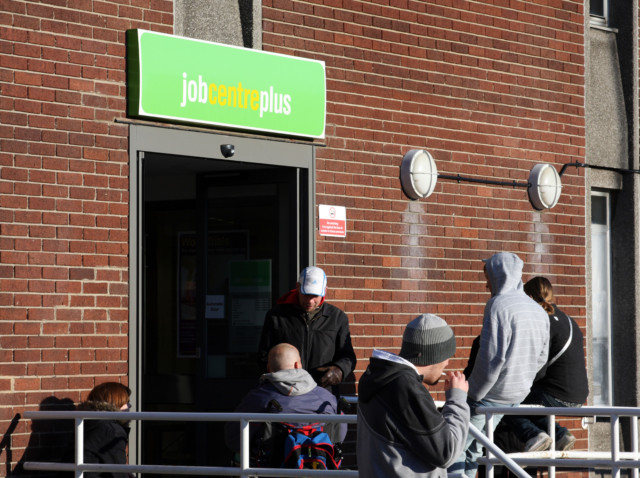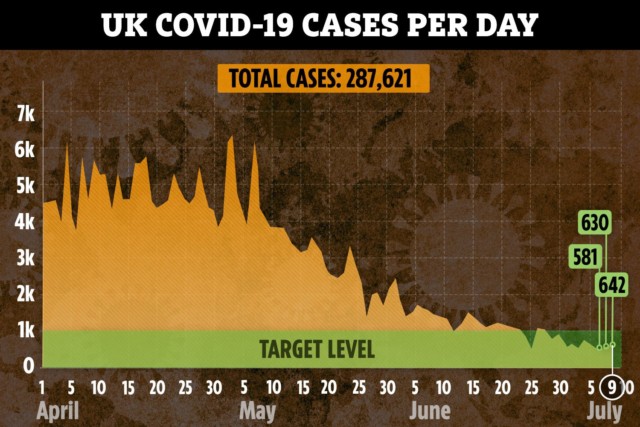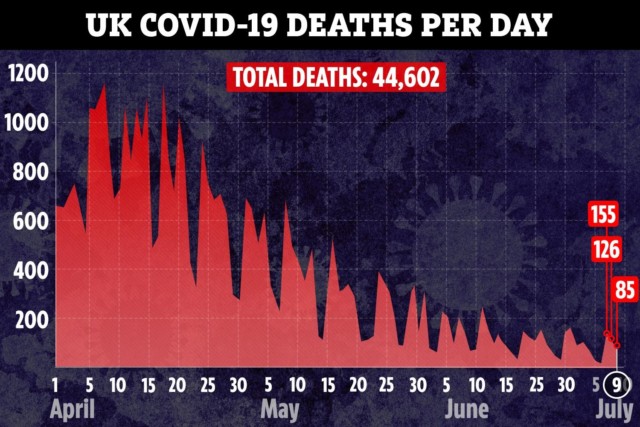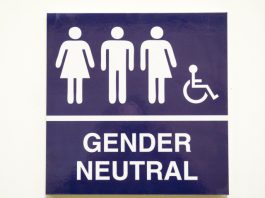THE five-week wait for Universal Credit “makes debt worse” and 4 in 5 claimants get first payment docked, a damning report has found.
The report by the National Audit Office found the wait time was “exacerbating” financial woes by forcing people to take on more debt and then have their first payment cut to make up for it.
The National Audit Office said the wait tile “can exacerbate claimant’s debt and financial difficulties” and hit those households already struggling to make ends meet.
According to the report 80 per cent of low-income households have “deductions” from their benefits of up to 30 per cent when their first payment does come because of taking out debts to cover the wait time.
This is compared to 61 per cent of all households.
HOAR launched the Make Universal Credit Work campaign to slash wait times for first payments so people aren’t forced to sell their belongings or take out loans to survive – and to make it easier for people to get back to work.
According to research by the Department for Work and Pensions rent arrears “increase more rapidly” after a claim for the benefit – sending households further into debt.
Think-tank Resolution Foundation found many people struggling to get by during lockdown did not take advance payments while waiting for the first Universal Credit cheque over fears of being saddled with more debt.
The wait time for the first payment often stretched far beyond the estimated five-week-wait time – at least 6 per cent of households in 2019 – or 105,000 new claims – were forced to wait 11 weeks or more the full payment.
Experts have warned the wait time can push people into “severe hardship” and even cause them to feel suicidal.
But the NAO did find the DWP had “significantly” improved the proportion of claims paid on time, from 55 per cent in January 2017 to 90 per cent in February 2020.

